Nurturing minds, empowering futures — holistic education for every child and youth
Child Education
Scholarships
School Retention
Child Nutrition
Child Education
Scholarships
School Retention
Child Nutrition
Empowering Children Through Education | Saath’s Holistic Learning Programs
At Saath, we believe education is the key to long-term empowerment and equity. Our programs span early childhood to adolescence, focusing on joyful, inclusive learning for underprivileged children.
Through Balghars we support early development for children aged 3–5 and help migrant children transition into formal schooling with play-based learning, nutrition, and milestone tracking.
For older children, especially girls aged 10–13, our STEM Education Program fosters creativity and academic growth through hands-on modules in science, technology, engineering, and math.
Our child friendly spaces provide a safe atmosphere for children of migrant construction workers where they learn and grow into healthier and happier citizens.
We enhance learning through exposure visits, sports, health check-ups, and parent-teacher engagement, while training centre managers to uphold quality education standards.
In 2023–24, Saath impacted over 20,000 children in Ahmedabad and Jaipur, building brighter futures in partnership with communities and parents.
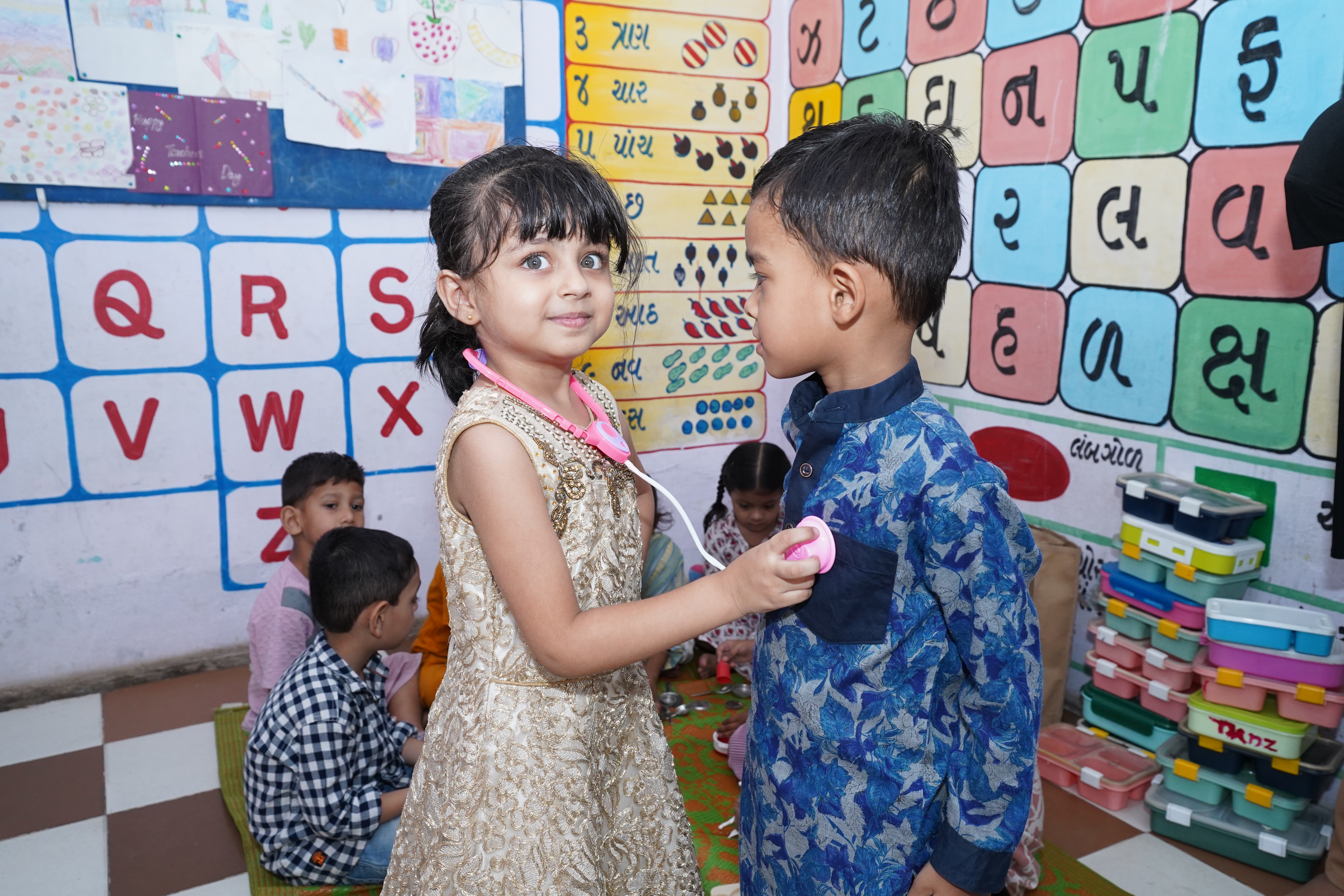

children supported
Foundation learning enhanced

Children enrolled
In formal schools

Young Learners
Engaged in STEM Education

learning centers built
Safe study spaces
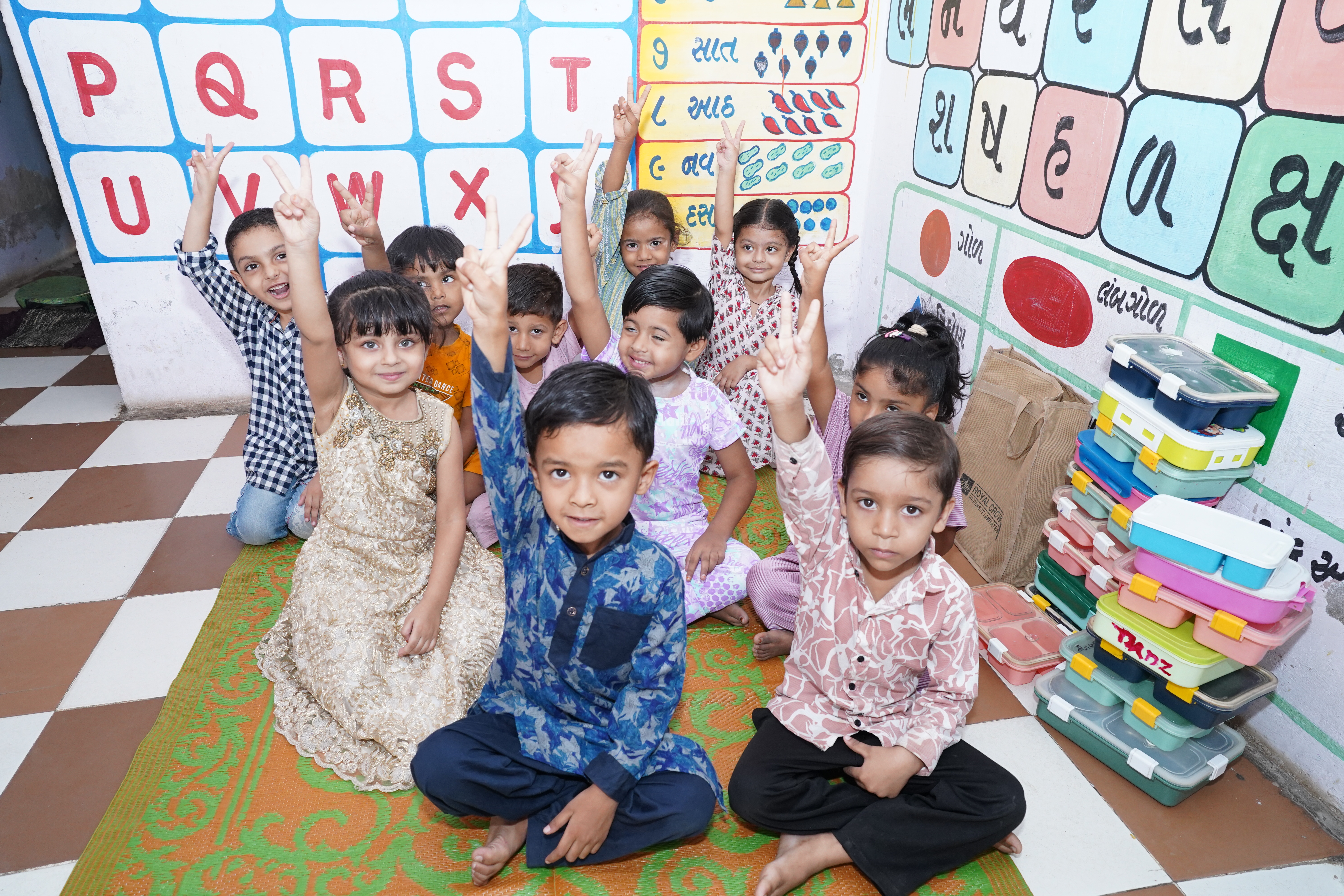
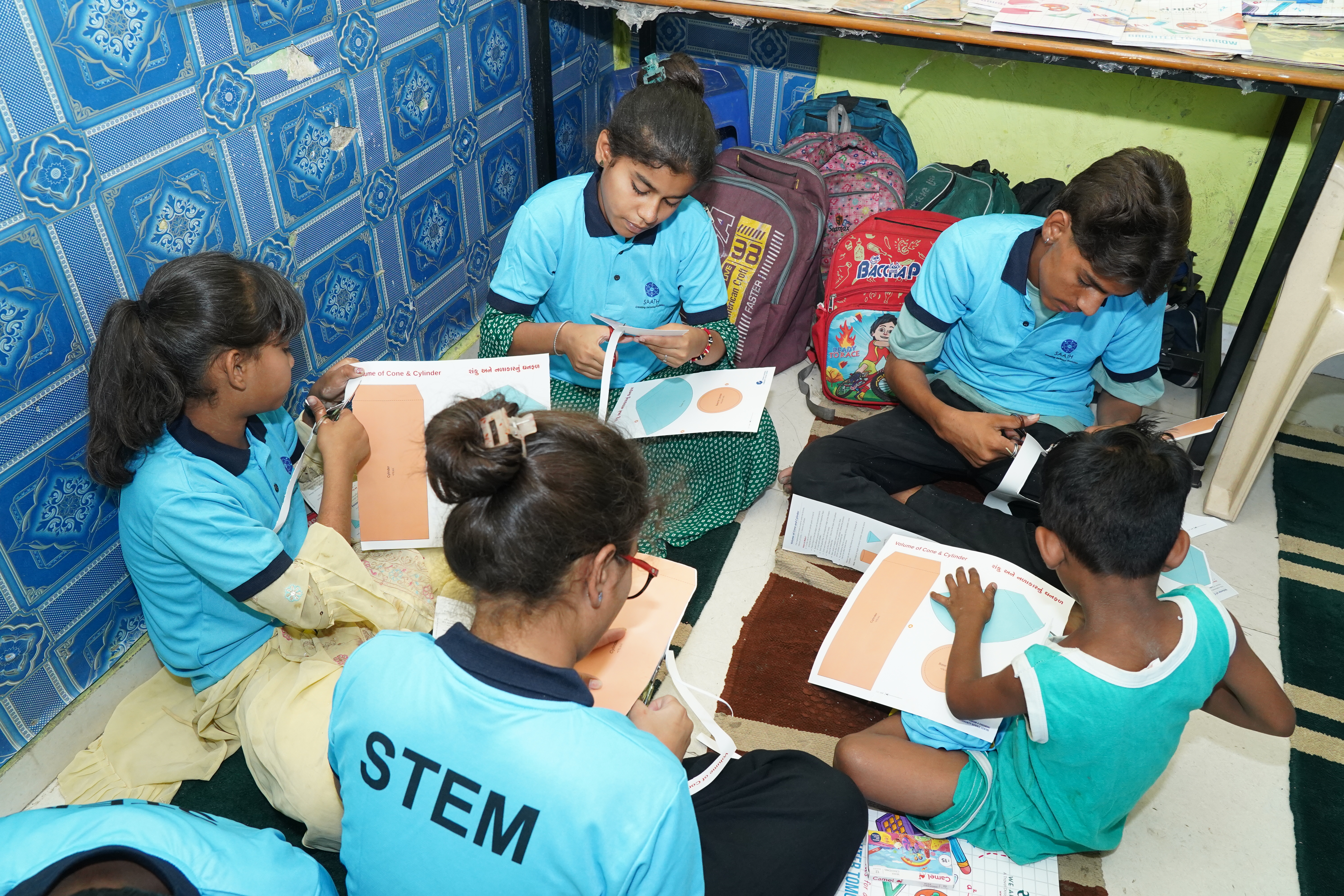

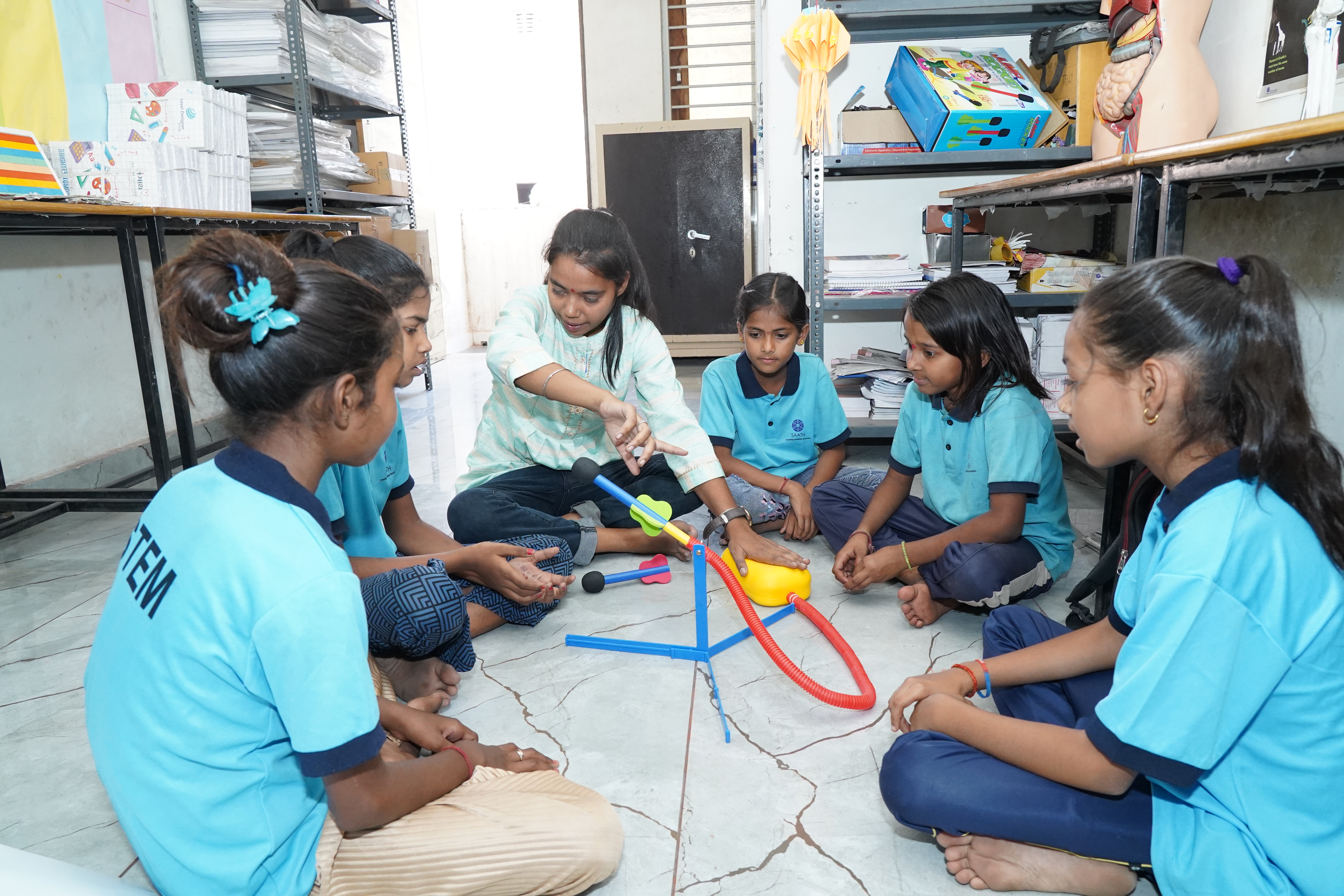
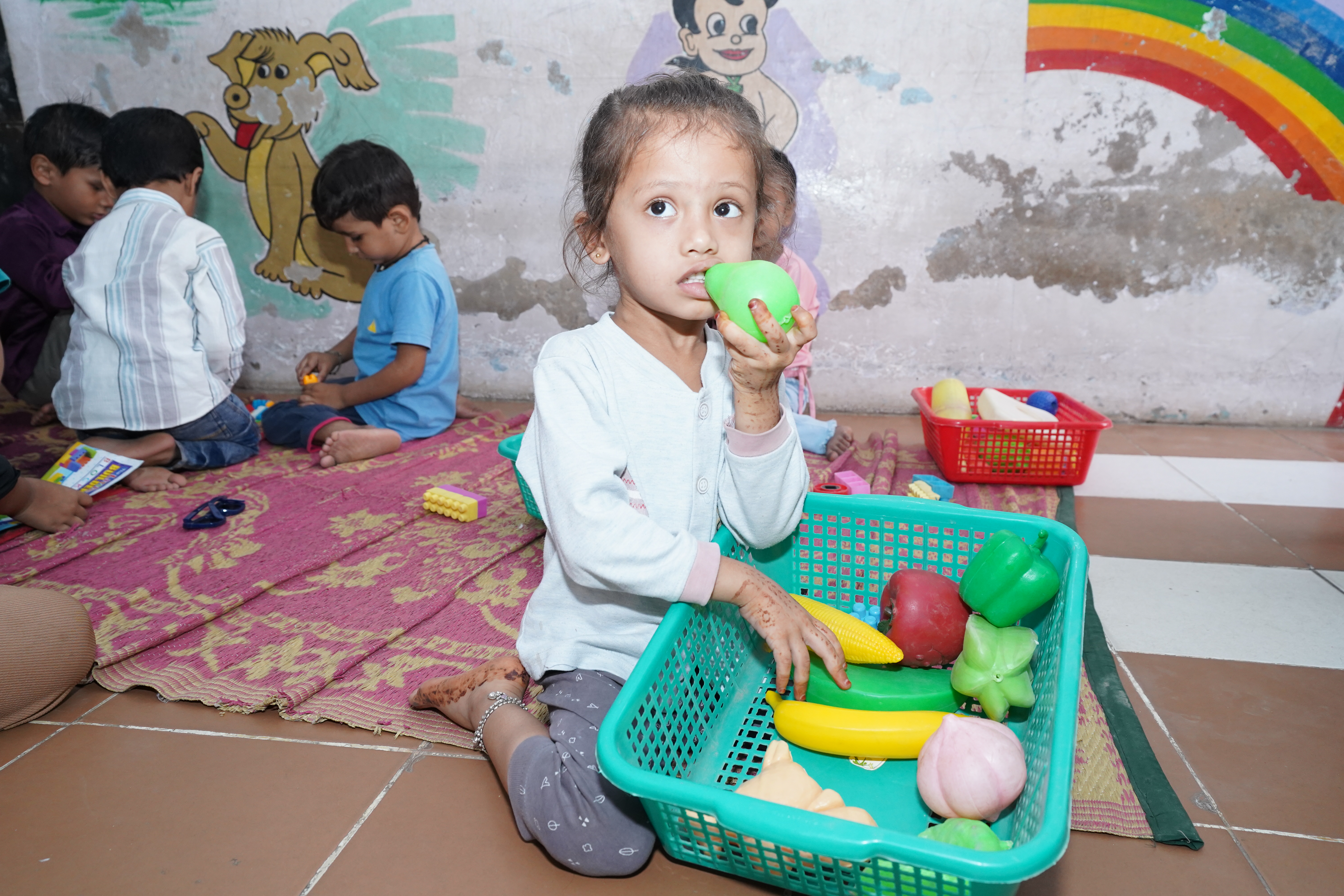

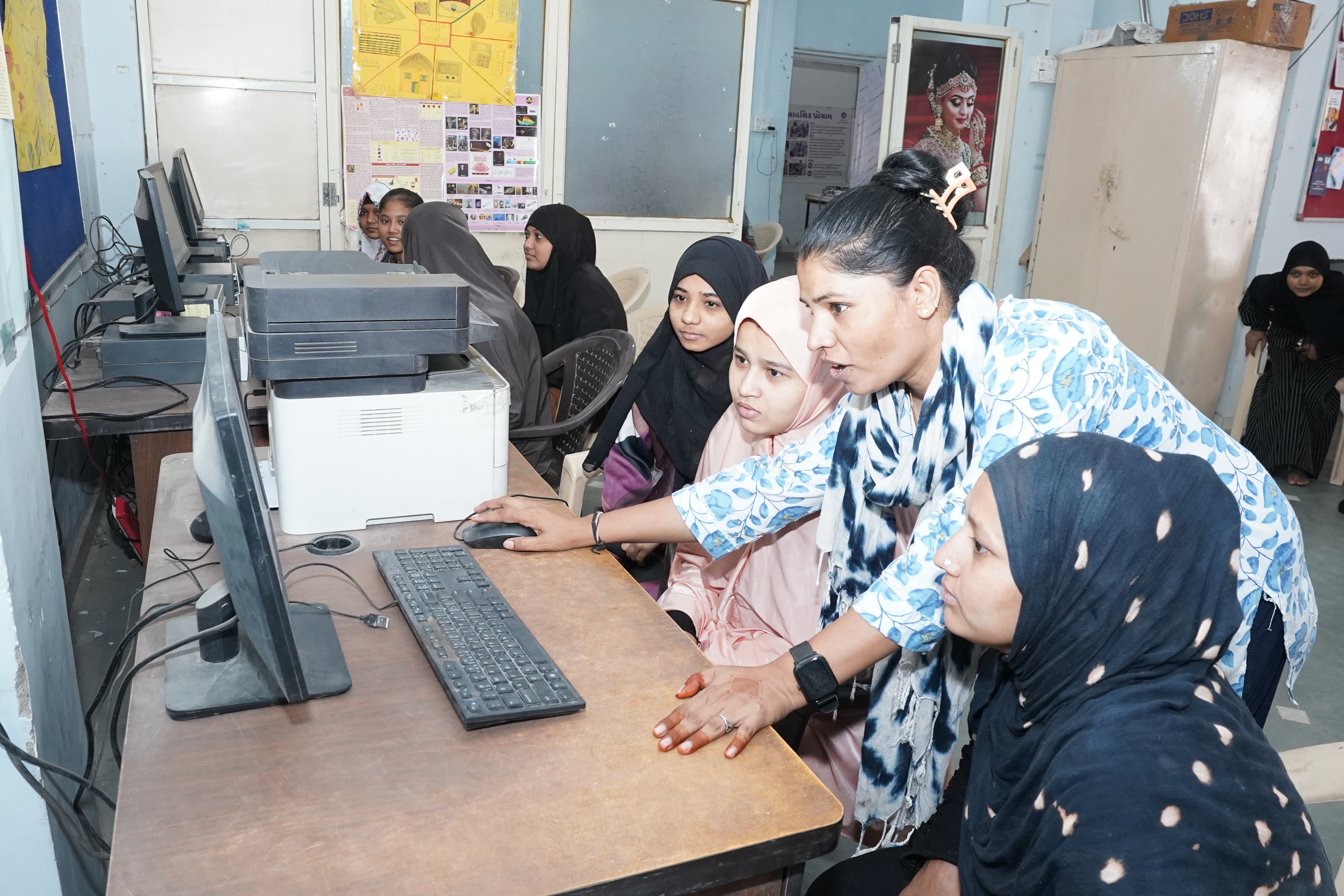
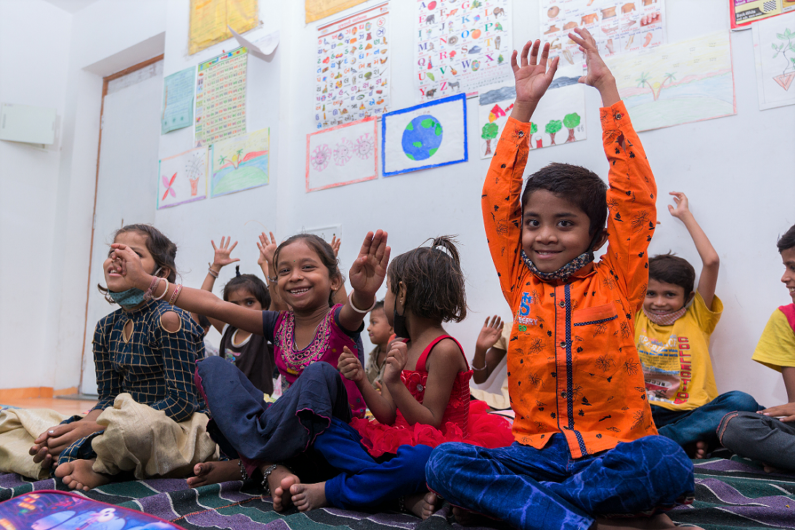
Children in informal settlements often face delayed development due to limited access to early education and nutrition. To address this, Saath offers structured, nurturing early learning for marginalized children aged 3–5 in areas like Juhapura and Vatva, helping them build a strong foundation before entering formal schooling.
Impact of the Program :
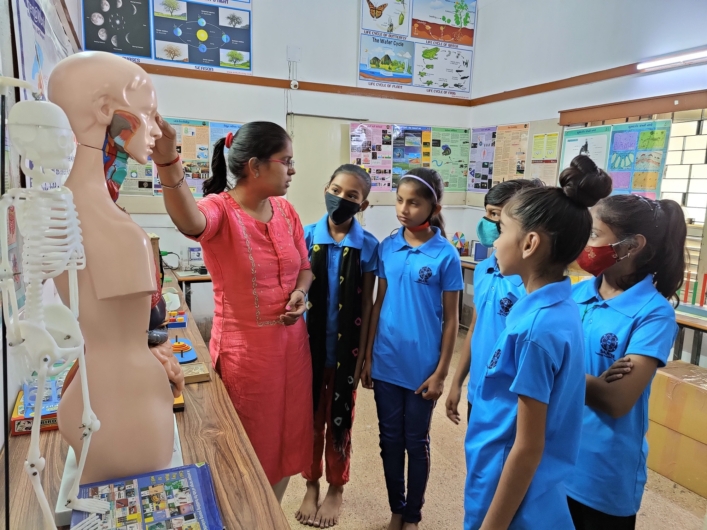
In underserved communities, adolescent girls—especially those aged 10–13 years—face limited exposure to Science, Technology, Engineering, and Mathematics (STEM) education due to systemic barriers, early school dropouts, and lack of digital access. This gap not only affects their learning outcomes but also restricts their future career opportunities in emerging fields. Recognizing this, Saath initiated a STEM Program to empower school-going and school-dropout girls with the knowledge, skills, and confidence to explore careers in STEM.
Impact of the Program :
The program has shown tangible results in improving educational access and engagement:
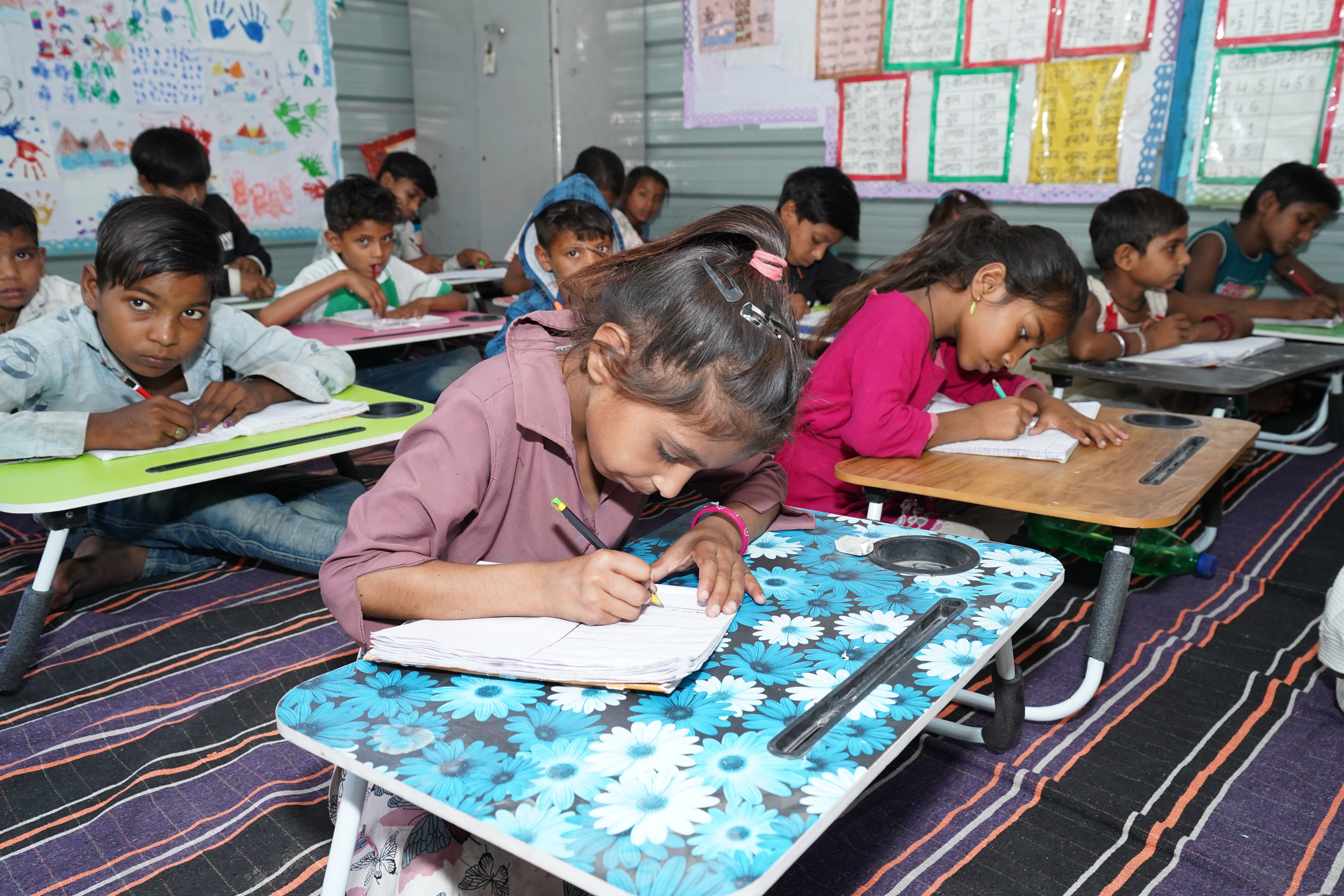
Children of migrant construction workers often grow up in unstable environments without access to early education or safe spaces for development. With parents engaged in long working hours and lacking childcare options, these children are at high risk of child labour, educational exclusion, and malnourishment. Recognizing the need for intervention, Saath initiated Child Friendly Spaces to offer protection, care, and learning opportunities to these vulnerable children.
Impact of the Program :
The program has provided critical support and education access to hundreds of children: